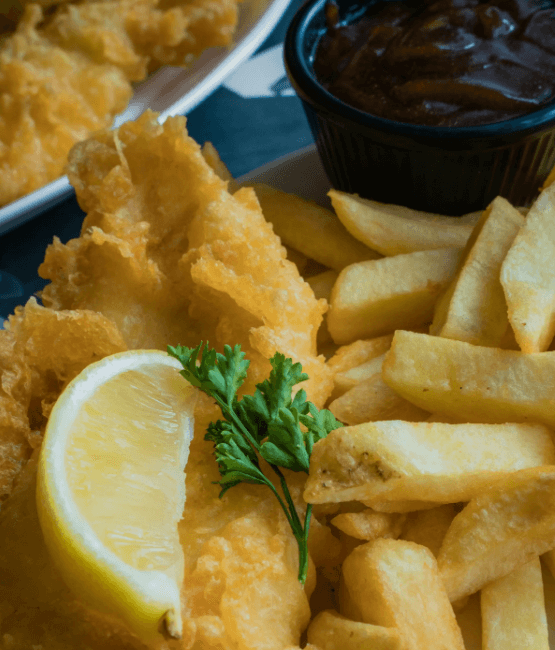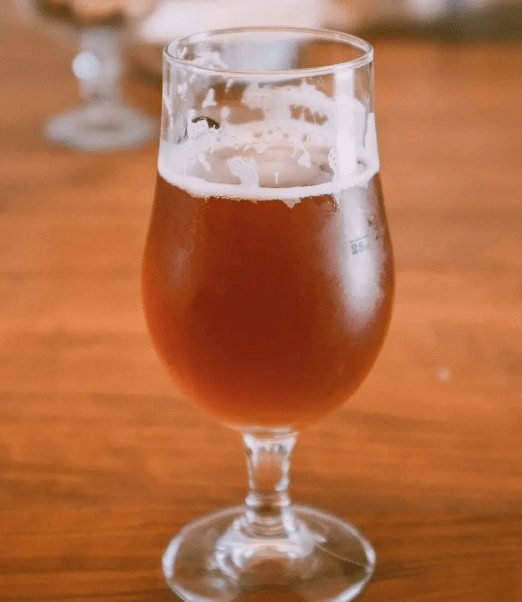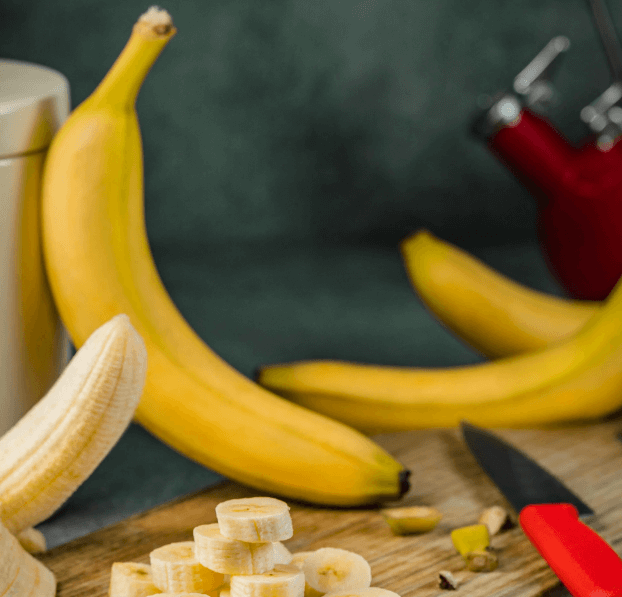Whether you're a fan of German beers or not, each April 23 is a momentous day on the beery calendar--and this year's even more so. Every year on this date German beer enthusiasts celebrate the "Day of German Beer" which commemorates the establishment of the Reinheitsgebot, or the German Purity Law. Established in the year 1516, this law--which these days is more-or-less adhered to voluntarily--decrees that German beer shall only be made with four ingredients: water, barley, hops and yeast. With this Saturday being the 500-year anniversary of the advent of the law, we're going to party like it's 1516!
Well, maybe not. We like our indoor plumbing and Sky OnDemand.
Interestingly, Germany--and its modern craft brewers--are finding themselves at a bit of a crossroads. Do we or don't we accept beer standards that were set in place 500 years ago? While much has changed in 500 years (for a start, at the time the law was written yeast was not included as one of the ingredients because it hadn't been discovered yet!) there is still a bit of nationalist pride that goes along with following the rules of the Reinheitsgebot. Indeed, beer in Germany--as in most beery places--is not just about drinking. It's about culture, terroir, geography and ultimately, identity.
There is a problem with too much rigidity, of course. The Schwarzer Abt (Black Abbot) beer has run afoul of the German Purity Law because--as it has been since 1410--it is brewed with sugar. Brewed by monks in a brewery north of Berlin for centuries, it could be argued that this beer is about as German as it gets. Yet, apparently it can't even call itself "beer" in Germany. So should a brewery--modern or ancient--reject the unyielding purity law in the name of doing it their way? Probably. That's the modern beer culture anyway. There is a necessity for promoting a tradition, however. No matter how rigid it is.
Beer in the modern age is exciting and varied but always hearkens back to its origins. The basic concept of beer has remained the same for hundreds--thousands--of years. Sure, there are always better ways to do things and access to ingredients from around the world is a lot easier to gain these days than it was during the days of the Gauls but couldn't that mean that beer is becoming a bit more homogeneous? How can a brewer or a market set themselves apart from the others?
Take the American Pale Ale style, for example. It's probably one of the most ubiquitous styles out there. Brewers from Portugal to China to Brazil import hops from the American West Coast. While there are great beers coming out of these places, how can that particular beer be called Portuguese? Or Chinese? It is simply an American-style beer made in Portugal (you get the point.)
As alluded to earlier, beer is exciting because it tells the story from whence it came. Whether it's a Belgian Tripel or a German Helles there is history (no matter how long or short) in that bottle. So while the Reinheitsgebot doesn't leave much room for chucking a bunch of stuff in a bucket and seeing what comes out the other end it does allow for the German beer story to be told its way. Old or new, boring or wacky, beer is as varied as the people who drink it. And, on this German Beer Day, that should all be celebrated.
--Maggie
Beer Sommelier





